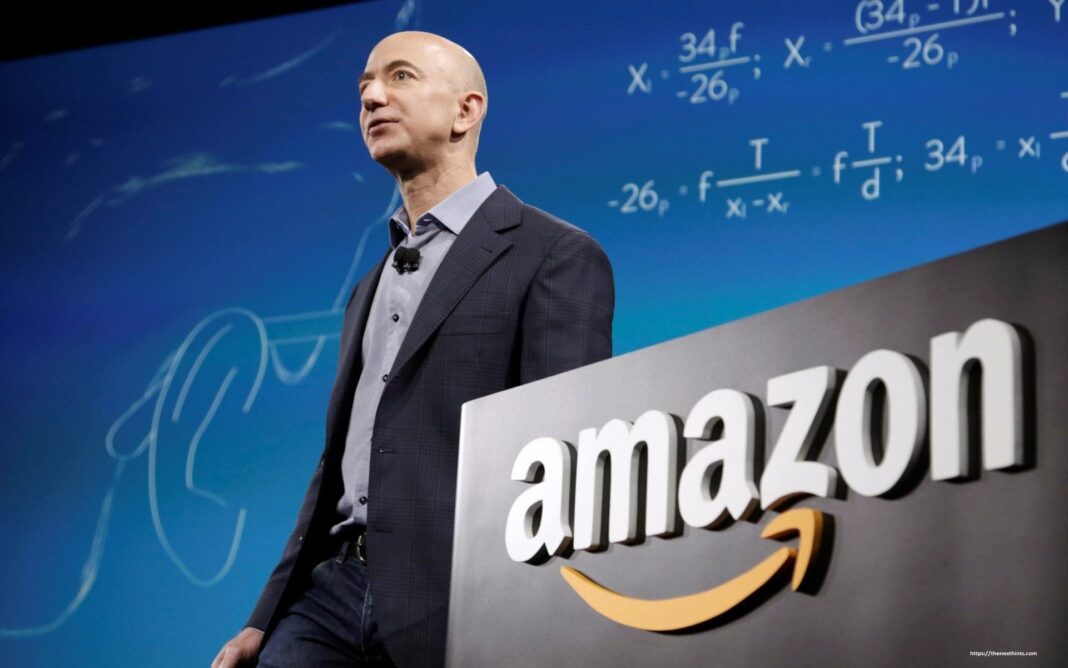Amazon Treats Its Employees – Despite the recent reports that Amazon has treated its employees unfairly, the company is still considered a leader in e-commerce, cloud computing, digital streaming, and online advertising. This article will take a look at the company’s history and how they treat its employees.
Be stubborn about your vision but flexible in the details
Whether you are a fan of Amazon’s cloud computing service or are just looking for an upscale dining experience, you’re bound to encounter this e-commerce powerhouse at some point. As one of the first companies to embrace cloud computing, Amazon has built an impressive list of customer relationships and has been a source of innovative products and services. With more than 13,000 products on its site, it is no wonder that Amazon has a lot to boast about.
The key to success lies in finding a balance between the two. You can’t get stuck on the wrong side of the spectrum, but you do have to be willing to try new things, especially when it comes to product development. The most important question to ask yourself is, “How can I do the right thing, for the right price, at the right time?” Fortunately, there is no shortage of resources to help you along your journey.
Avoid $5.2 billion in corporate income taxes in 2022
During the first year of the Trump-GOP tax law, Amazon paid zero federal income tax. This was due to several legal mechanisms that allowed Amazon to avoid taxes in 2021.
According to Matthew Gardner, a senior fellow at the Institute on Taxation and Economic Policy (ITEP), the tax rate on profits at Amazon is 21%. He estimates that Amazon will pay $35 billion in pretax U.S. earnings for the fiscal year 2021. This is 75 percent more than what the company paid in 2020.
If Amazon had paid the statutory corporate tax rate in 2021, it would have paid a total of 21 percent of its book profits. Then, it would have had to pay another 35% of its profits as a federal tax liability. It would have also paid $8.3 billion in federal income tax, which was significantly less than what it had to pay in 2020.
Unionization of employees after Amazon bought Whole Foods
Several Whole Foods employees are looking to unionize after Amazon bought the company in August 2017. The staff members are concerned about changes to the company’s corporate culture and labor practices after the Amazon acquisition. They are calling for a $15 minimum wage, better benefits, and more profit sharing. They also request lower health insurance deductibles and a matching 401k plan.
The workers have also been in touch with the Retail, Wholesale, and Department Store Union (RWDSU), a national labor group that has been in contact with Whole Foods before. The union is helping the workers to organize.
Some of the concerns that Whole Foods employees have about the Amazon acquisition include changes in benefits, layoffs, and management practices. They are calling for improved benefits, such as paid maternity leave, a 401k match, and lower health insurance deductibles.
Unfair treatment of workers at amazon
Despite its many accolades, Amazon has a history of mistreating its employees. It has been accused of putting profits before people, conducting sexual harassment and discriminatory conduct, and failing to offer safe working conditions.
A recent New York Times article highlighted some of the more illegal management practices at Amazon. The NLRB has also cited the company for some serious labor law violations. In January, a warehouse worker was fired for distributing union literature without permission. The company has also been accused of not allowing workers to distribute flyers in break rooms.
One worker claims that she was forced to work under sub-zero temperatures during the winter. Another claimed that her boss required her to work through storm warnings.
In the past, Amazon has also been accused of refusing to provide sick workers with sanitization. Some delivery drivers have even reported urinating in their bottles to keep up with the demands of their jobs.


